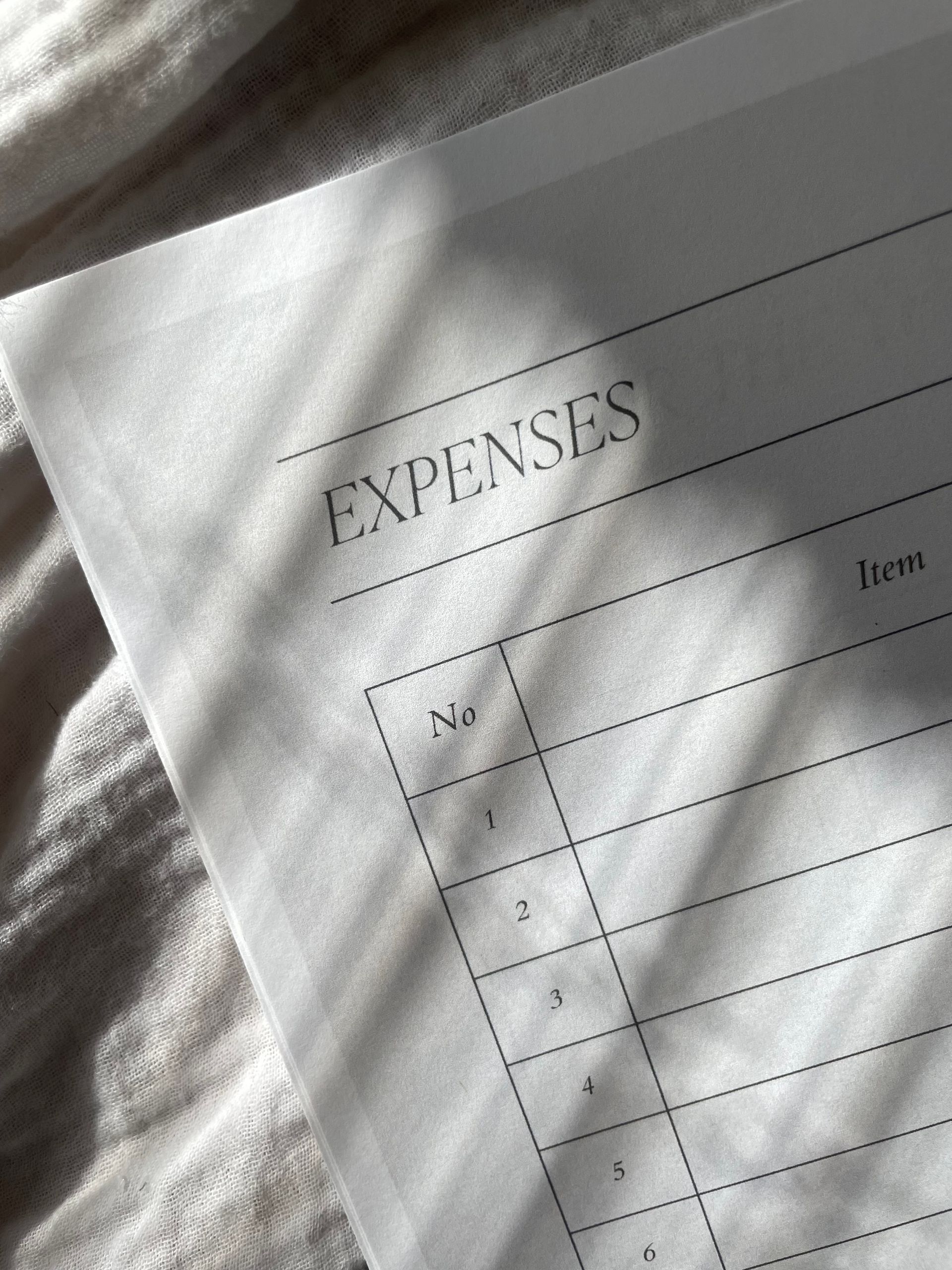This is a subtitle for your new post

What is a Power of Attorney?
A Power of Attorney is a document that an individual (hereinafter referred to the “Principal”) might sign to give another person or organization (agent or attorney in fact) the right to make decision on their behalf. Decisions such as selling property, signing contracts, paying expenses and obligations, assessing bank accounts, and handling financial acts.
The agent has a special relationship with the Principal. A relationship of loyalty and trust. The agent must act honestly and in the Principal’s best interest.
The agent must give an accounting to the Principle, a legal representative of the Principal, or to the court. The agent has to show how she used the Principal’s money with receipts, bank statements, and ledgers.
Any violation of that trust is a breach of fiduciary duty of the agent and sometimes can lead to civil and criminal actions.
This is a wonderful estate planning tool. A husband might give his wife power of attorney to act on his behalf if the husband becomes incapacitated. If the wife predeceases the husband or is unable to serve, an alternant (a second individual named by the Principal) steps in to serve.
In executing a Power of Attorney, the Principal must sign before a notary public or before two witnesses. I do both in my office.
Tennessee DOES NOT require that a Power of Attorney be filed or registered with a court. HOWEVER, my experience is that banks or other financial institutions will not recognize a Power of Attorney unless it is registered with the Register of Deeds Office in the county where the Principle resides.
Is that an estate planning tool that is right for you. If you have questions, please contact me by telephone or through this website

